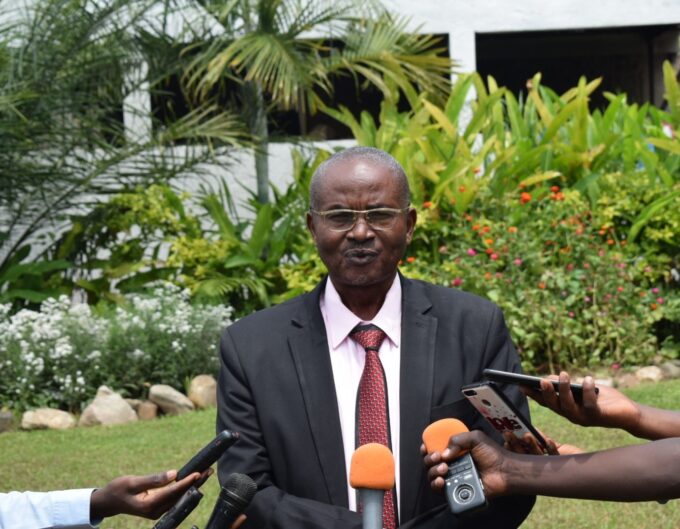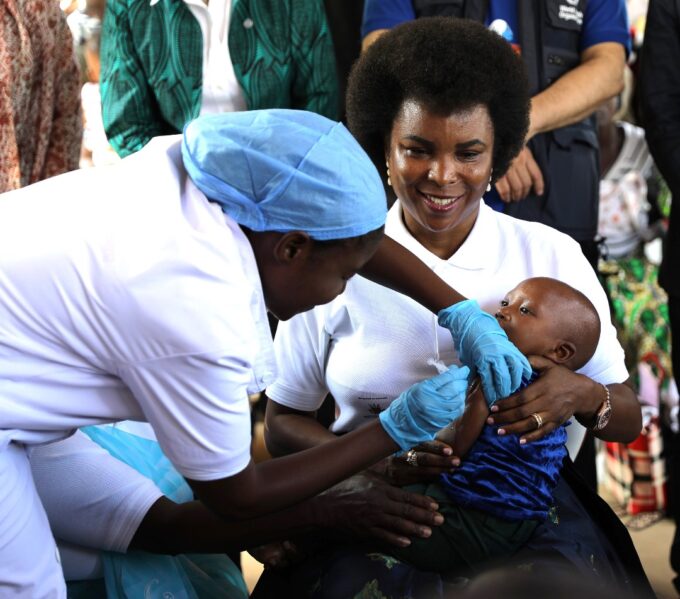Burundi’s health authorities have announced the discovery of two new viruses within the country—an unfamiliar strain of malaria known as Plasmodium vivax and the Zika virus, a mosquito-borne disease that poses serious health risks, particularly to pregnant women and unborn children.
The revelation was made public during a press briefing held Thursday in the economic capital Bujumbura by Joseph Nyandwi, Director of the National Institute of Public Health (INSP). He said the findings are the result of ongoing collaborative research between health and veterinary experts, aimed at strengthening the country’s disease surveillance systems.
“We have identified Plasmodium vivax, a strain of malaria that had not previously been detected in Burundi,” said Nyandwi. “It is now confirmed to exist alongside the three other known strains already circulating in the country: Plasmodium ovale, malariae, and falciparum.”
The discovery was prompted by an alarming rise in malaria cases across northern provinces, where health workers noted unusually persistent infections. Further investigation led to the identification of the previously undetected strain, which Nyandwi says requires specific adjustments to standard treatment protocols.
“Treating Plasmodium vivax involves adding a particular drug component to the usual therapy. Without it, full recovery is harder to achieve. This makes the discovery particularly significant for improving how we fight malaria,” he explained.
The second finding—the detection of the Zika virus—has also raised concerns within the public health community. While Zika is widely known to originate in animals, it can spread to humans through mosquito bites and lead to severe birth defects.
“This virus has been linked to cases of microcephaly and other developmental complications in newborns,” he said, adding: “Unfortunately, many families aren’t even aware these conditions are caused by Zika.”
Health officials say the discovery could pave the way for targeted screening among pregnant women and closer monitoring of maternal health, especially in regions where mosquito-borne illnesses are rampant.
The INSP is now planning a nationwide study to better understand the geographical spread of both newly identified viruses. According to the INSP director, mapping the presence of zoonotic viruses and new malaria strains will give the Ministry of Health the data needed to develop rapid-response strategies in the event of future outbreaks.
“These early findings give us a critical window to act before these viruses become larger public health threats,” he said.
Meanwhile, malaria remains the deadliest disease in Burundi. Government data shows the country recorded nearly 390 malaria cases per 1,000 inhabitants in 2023, with young children being the most vulnerable. The disease accounted for a hospital case fatality rate of 0.9% last year, making it the leading cause of both illness and death nationwide.
In response, the government launched its first-ever malaria vaccination campaign in March this year. Officials say the campaign aims to immunize over 257,000 children by 2025, focusing on high-risk regions where the disease is most prevalent.
Health experts hope that the combination of new scientific discoveries and intensified public health campaigns will eventually lead to a significant reduction in malaria cases—and better protection against other emerging threats.








Leave a comment